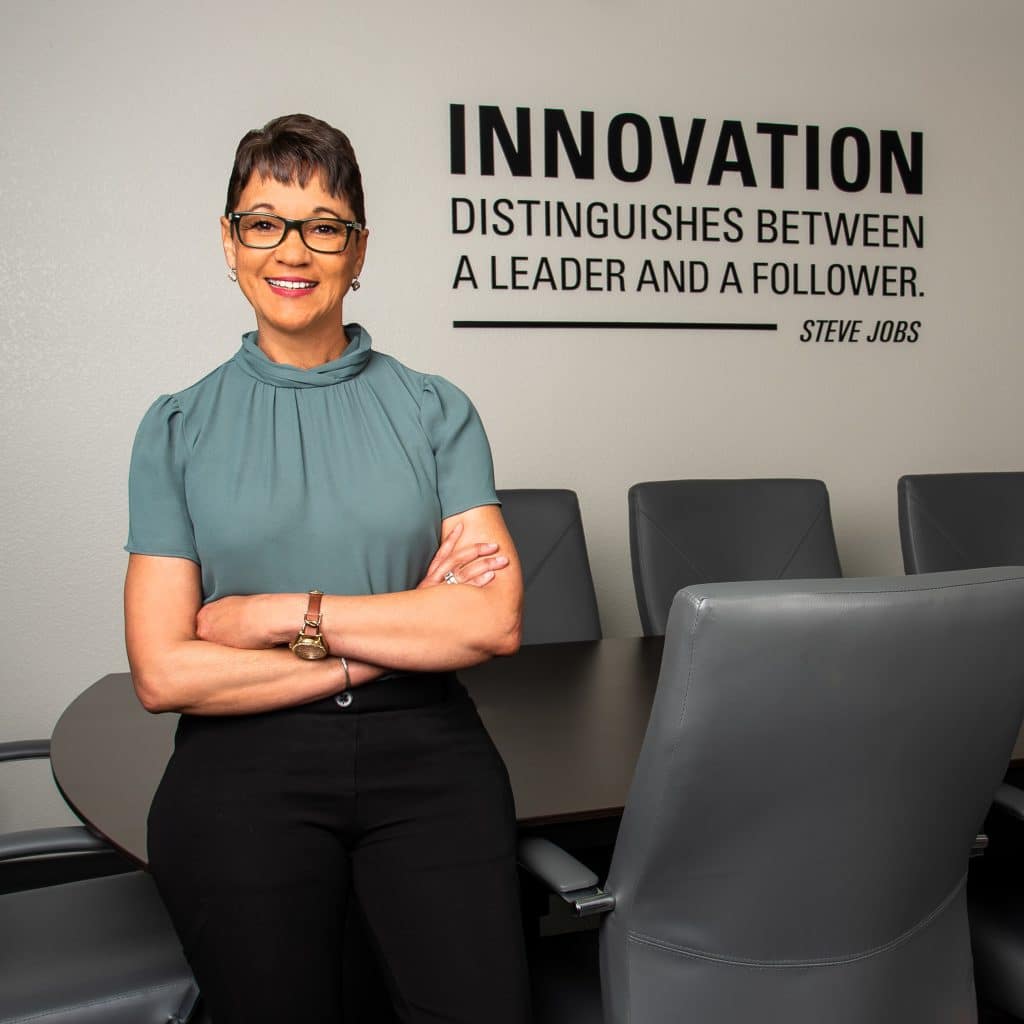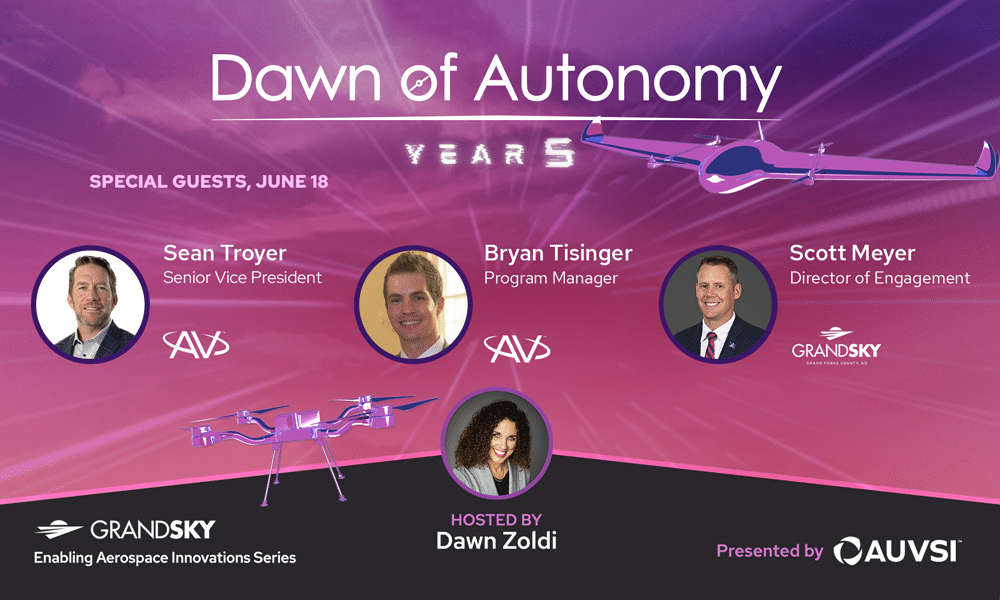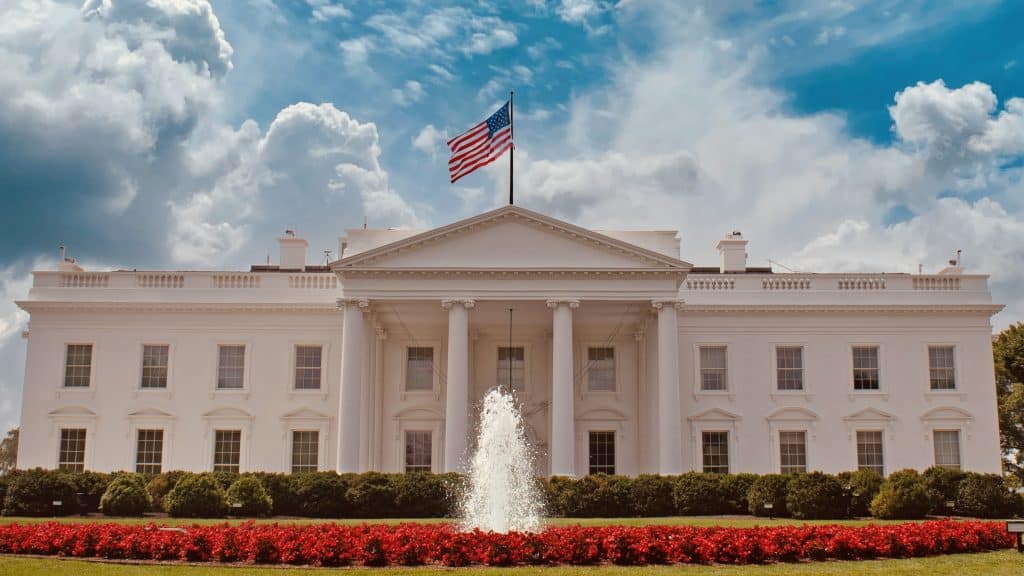BEYOND THE DIVERSITY TAB: IF WE WANT TO CHANGE THE WORLD, WE MUST GET OUR HOUSE IN ORDER.
May 6, 2021

Organizations across the unmanned systems industry are seeking to increase diversity and improve inclusiveness, recognizing that doing so improves decision-making, innovation and engagement.
How can these organizations ensure that they go beyond diversity statements on websites to improving internal culture and combatting implicit biases? Leaders and advocates of diversity, inclusion and bias recognition discussed these and other questions during the final keynote of the virtual segment of XPONENTIAL 2021. Moderator Mignonne Hollis, Executive Director of the Arizona Regional Economic Development Foundation, commended organizations within the unmanned systems industry for their willingness to participate in complex conversations and urged participants to continue to move these conversations forward in order to build trust within our community and with the public. During the discussion, panelists identified actionable items that organizations can take:
First, the industry can do more to bring in diverse viewpoints and backgrounds.
Kenneth Bailey, Director of the Office of Inclusion and Civil Rights at the National Oceanic and Atmospheric Administration (NOAA), emphasized that the first step to improving equity and inclusion is to establish a culture where diversity is valued. If your organization welcomes diverse backgrounds and viewpoints, you will organically see your staff demographics change as a result. Panelists also recommended that organizations assess the way they recruit talent. The spaces in which job openings are advertised and the language used could send unintended signals that create barriers to recruiting from the full wealth of talent available.
Next, the industry must ensure diverse members of our community are valued and remain engaged.
Trish Gilbert, Executive Vice President of the National Air Traffic Controllers Association, shared examples from onboarding materials previously provided to air traffic controllers. By using gendered and exclusionary language, handbooks and guides left some hires in the aerospace industry feeling isolated, unheard and unvalued as team members. Organizations should implement processes that solicit broad input, ensuring that those with diverse backgrounds and experiences are able to make their voices heard.
Finally, the industry should incorporate diverse perspectives into product design.
Deven Desai, Associate Professor, Area Coordinator for Law and Ethics at the Georgia Institute of Technology’s Scheller College of Business, touched on issues of algorithmic bias and urged the audience to turn the lens of data and machine learning inward. While advanced algorithms are a valuable diagnostic tool, organizations should not assume they provide the full picture. To counter potential biases, organizations should double-check any underlying assumptions and incorporate differing viewpoints before projects are launched, which will help ensure that the resulting end product is secure, resilient and reliable.
- Industry News


